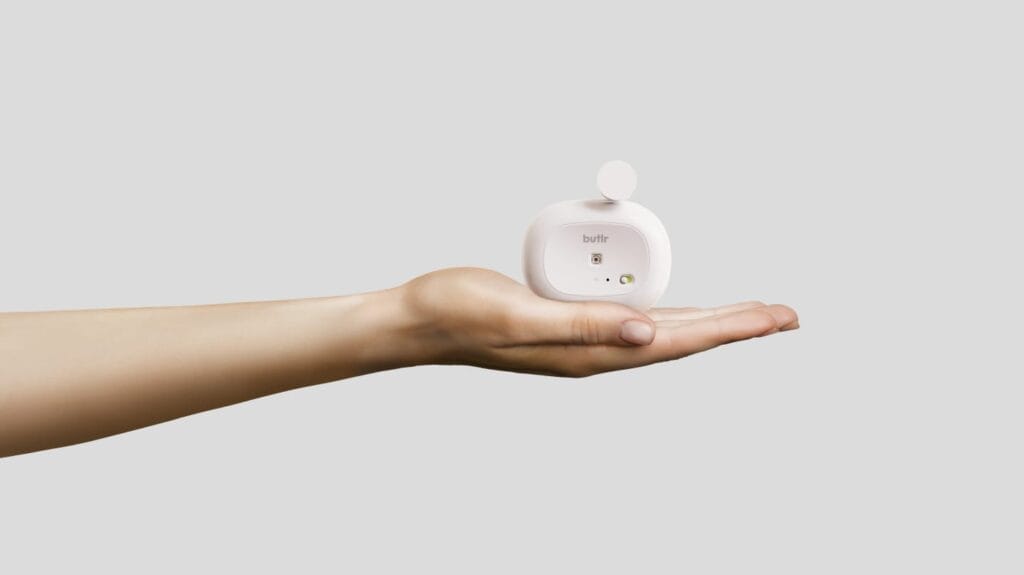

One of the big challenges for senior living operators is to balance the impressive capabilities of monitoring sensors without violating residents’ sense of privacy.
Healthtech manufacturer Butlr has added an artificial intelligence query tool — where the AI responds to questions or prompts — for caregivers to gain insights about how a building or room’s layout effects mobility, or where falls typically are occurring.
Sensor tools such as Butlr’s have helped long-term care providers predict and prevent emergencies such as falling.
But although more older adults are accepting of new technologies within their residences, many still are concerned about privacy issues and the “black-box” nature of AI models that aren’t transparent about what data they collect and what they are doing with that information.
Butlr unveiled its passive ceiling-mounted sensor, which uses heat and sound to establish resident behavioral patterns, late last fall.
The new AI dimension, Butlr Care GPT, can tell caregivers and staff members how residents are using spaces or struggling with mobility. But because the sensor is capturing only movement, the tool, by design, can’t divulge residents’ personal data or information, the company said.
“Buildings are the last frontier when it comes to digital transformation,” Butlr CEO Honghao Deng said in a statement. “By gaining a better understanding of how space is used, we can transform buildings to reflect how people actually use the space while supporting sustainability, health and safety goals.”
In addition to resident safety, Butlr GPT’s insights also could help facility operators make their communities more comfortable and more energy efficient, the company suggested.
Many health tech companies and device manufacturers are taking existing tools and incorporating AI capabilities into them, tech experts recently told McKnight’s.
Another company that recently released updated AI-enabled monitoring was Nobi, with smart lamps that double as sensors and sleep modifiers.
Iveda also has started to include training sessions for residents when they install monitors, to help ease their concerns about what data their sensors capture, Iveda’s CEO told the McKnight’s Tech Daily last month.


